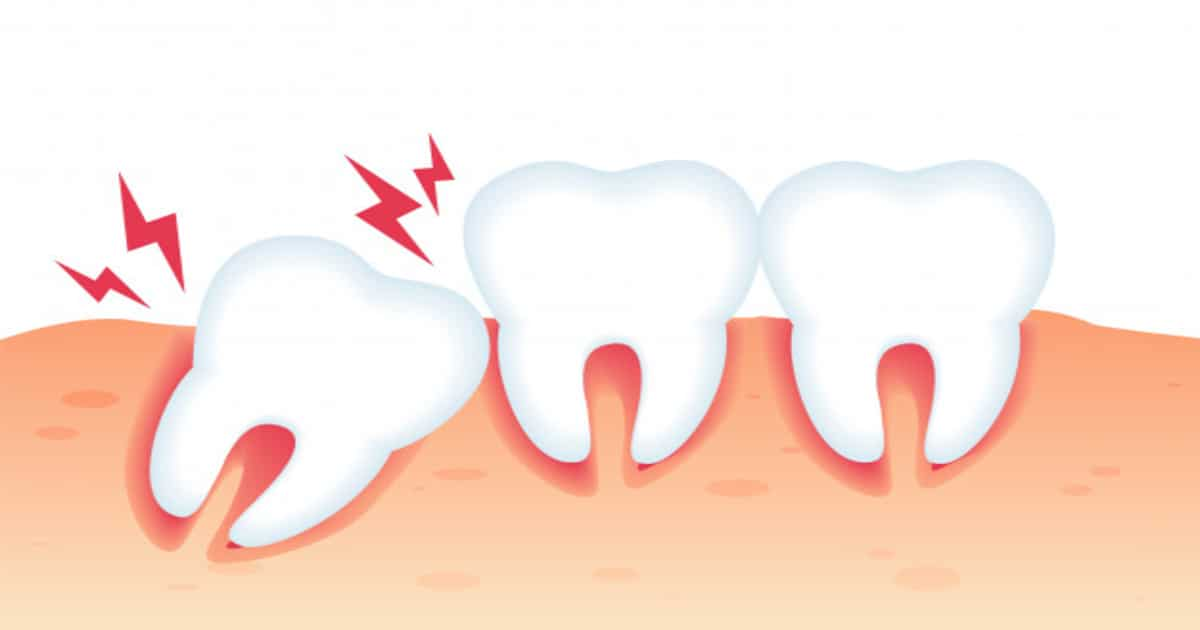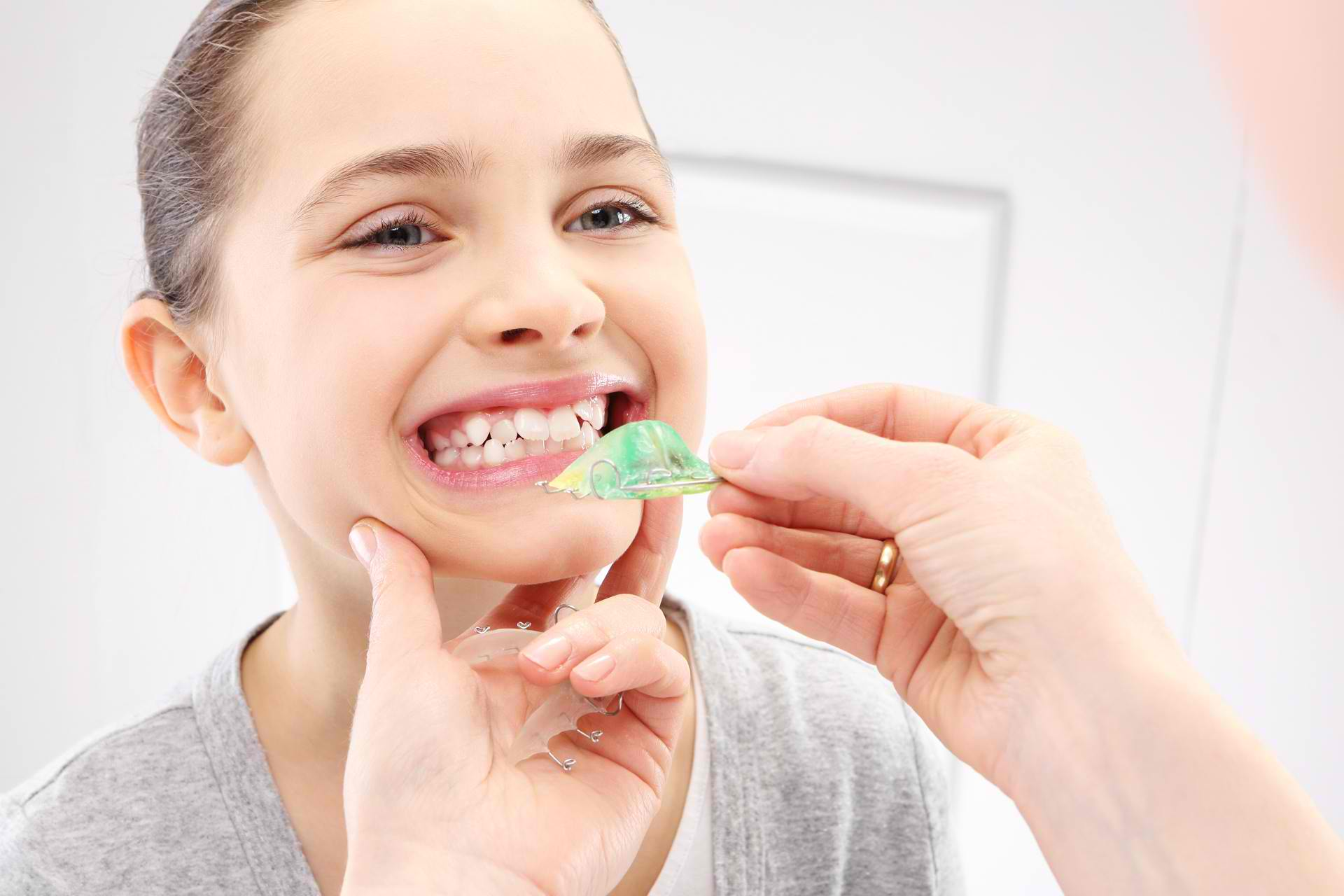
Crooked, misaligned teeth are very common. Many children and adults have them. Although teeth that aren’t perfectly aligned are unique to you and can add personality and charm to your smile, many of us would want their crooked teeth aligned since the first thing you notice about a person's smile is their teeth.
It is proven that it is hard for a person to smile with confidence when their teeth are crooked and why orthodontic treatment is generally considered a wise investment that can pay off big in terms of self-confidence in social and professional situations.
What causes crooked teeth?
Crooked teeth can be caused by one or more than the following:
Other health issues that crooked teeth may cause include:
- Gum Disease. Crooked teeth give an opportunity to bacteria to proliferate and form a plaque in areas where the gums don’t fit securely around your teeth. This leads to periodontal disease that can even lead to tooth loss.
- It makes cleaning your teeth difficult. It is a challenge to clean crooked teeth. The bristles of the toothbrush and floss do not reach the areas between crooked teeth. The bacteria in these areas survive the cleaning process and thrives in the environment making it conducive for itself and thus causing a lot of dental complications.
- Excess wear. Crooked teeth can also cause excessive wear and tear on the teeth, gums, and jaw muscles, resulting in cracked teeth, jaw strain, temporomandibular joint disorder, and chronic headaches.
- Difficulty in chewing. Protruding upper and lower teeth may hamper the normal jaw alignment thus making it difficult to chew. The teeth may rub against each other that can lead to problems related to inadequate digestion and poor absorption of nutrients.
- It causes bad breath. Bad breath is due to the bacteria which lingers on in the cracks between crooked teeth.
- Speech difficulties. If your teeth are misaligned, they can affect the way you articulate sound, causing problems with speech.
The solution to crooked teeth.

- Metal Braces/Straps
- Ceramic Braces
- Invisible Braces
- Lingual Braces
Orthodontic treatment times can vary but usually fall within the range of six months to three years. After initial treatment, no matter which type of appliance was used, it is crucial to wear retainers as directed. Retainers help hold your teeth in their new positions and prevent them from moving back into their old arrangement. After all, you wouldn’t want your effort and investment in a beautiful smile to be wasted.
Straightened teeth have other benefits besides making your smile look great. Better tooth alignment can also prevent individual teeth from being subjected to more than their share of biting force, which could cause them to wear unevenly or be moved out of alignment. A well-aligned bite will distribute these forces evenly, and may even prevent jaw pain and headaches in the process.
Whatever your reasons for fixing crooked teeth, you will no doubt be glad you did!

